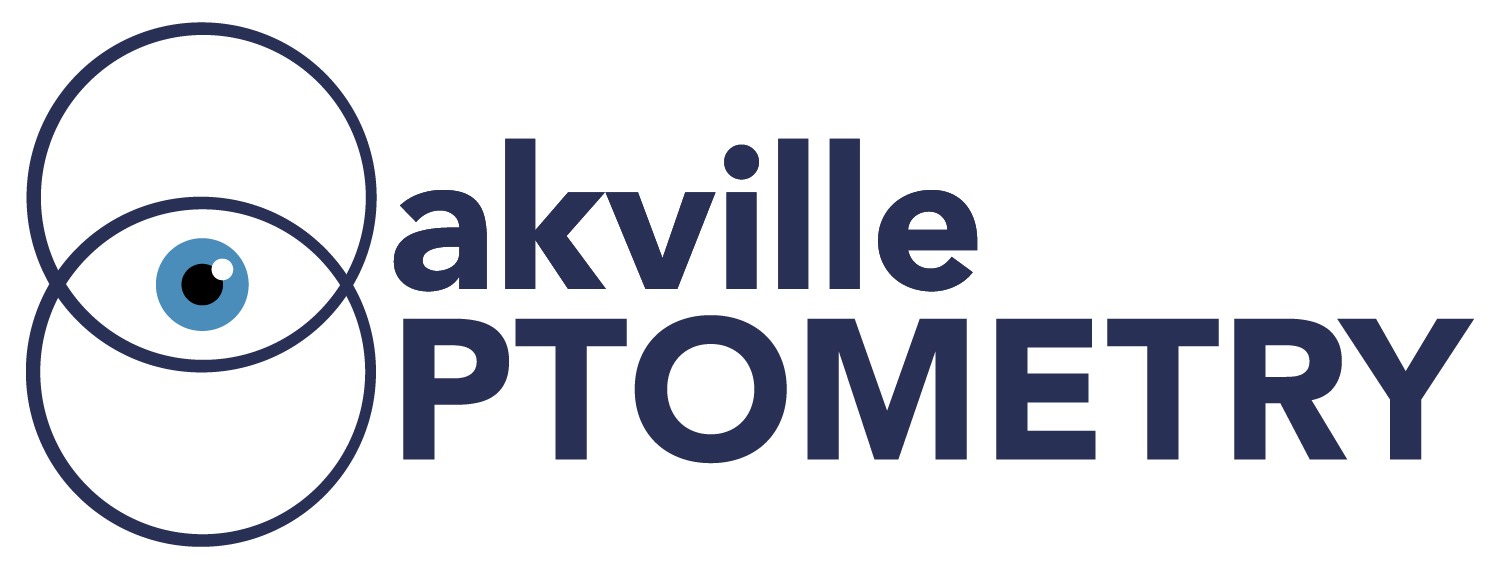Are contact lenses for me?
Contact lenses are used as a substitute for glasses. In many cases, they offer better vision than spectacles because they allow for more natural peripheral vision and better depth perception. They are especially useful in sports where glasses may cumbersome and a hindrance to performance. Contacts also come in cosmetic colours, and are available for people with astigmatism and multifocal.
Contact lenses are made from different materials that contribute to water retention and oxygen flow to your eyes.
Properly fit contact lenses can help prevent potential long term damage to your eyes.
How do I get fit for Contact Lenses?
The doctor will check your eyes and eye health to ensure that you are a good candidate. Then a staff member will instruct you, on how to insert and remove the contact lens. You will also be given information on how to take care of them, and you will go home with a fitting pair of contact lenses to try for about a week. After a week, a follow up appointment will allow the doctor to assess and in some cases fine tune the prescription and fitting of the lens.
A Contact Lens fitting may take 2 – 3 appointments and includes:
- Contact Lens Prescription. One’s prescription for contact lens is quite often different than that for glasses. (e.g. –6.00D in glasses maybe only –5.50D in contact lens). It may even vary from one brand of contact lens to another. It is essential to determine the correct contact lens prescription to prevent overcorrection (wearing contacts that are too strong).]
- Contact Lens Brand, Material, Diameter and Curvature. Different patients will have different eye sizes and curvatures; therefore they must be measured and fit with lenses of the correct parameters. Lenses that are too loose on the eyes will lead to discomfort while lenses that are too tight will lead to red eyes and other complications.
- Trial pair of contact lenses to ensure the patient is comfortable with the vision and comfort.
- One bottle of contact lens solution.
- One contact lens case.
